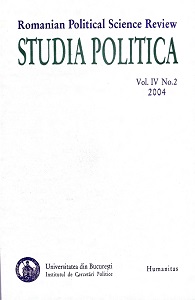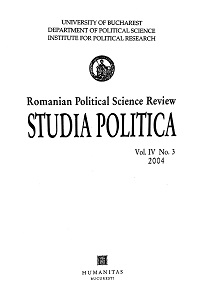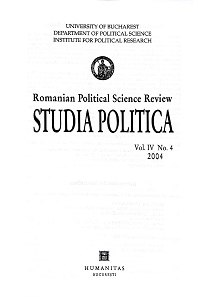Recensiones
Kristóf Nagy - HORVÁTH GYÖRGY, A művészek bevonulása. A képzőművészet politikai irányításának és igazgatásának története 1945-1992, Corvina Kiadó, Budapest, 2015 Alina-Alexandra Iordache - CATERINA PREDA (ed.), The State Artist in Romania and Eastern Europe. The Role of the Creative Unions, Editura Universității din București, București, 2017 Cristina Stoenescu - CĂLIN DAN, IOSIF KIRALY, ANCA OROVEANU, MAGDA RADU (coord.), Arta în România între anii 1945-2000, NEC & UNArte & MNAC, București, 2016 Alina Popescu - CONSTANTIN PÂRVULESCU, Orphans of the East. Postwar Eastern European Cinema and the Revolutionary Subject, Indiana University Press, Bloomington & Indianapolis, 2015
More...


